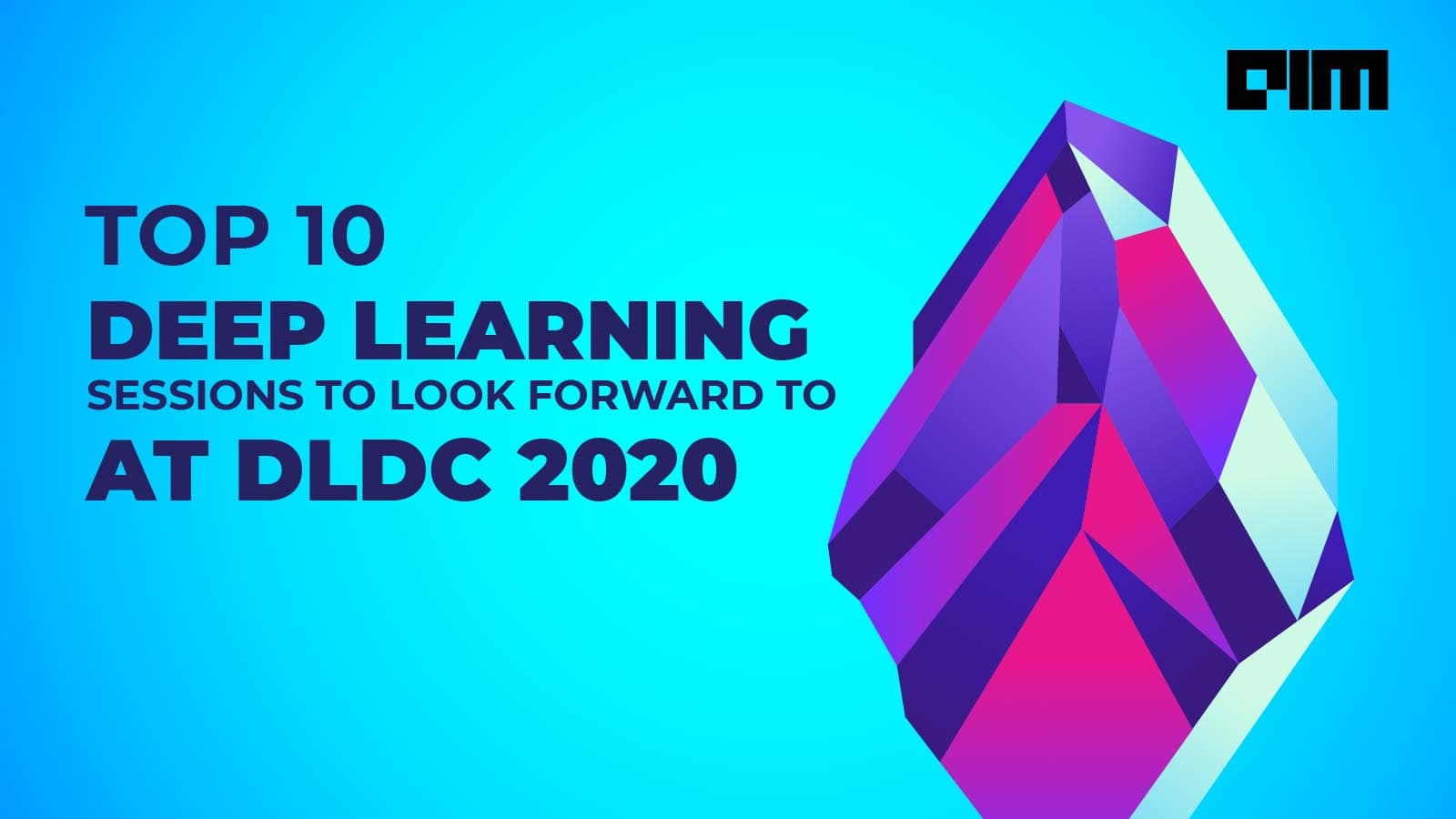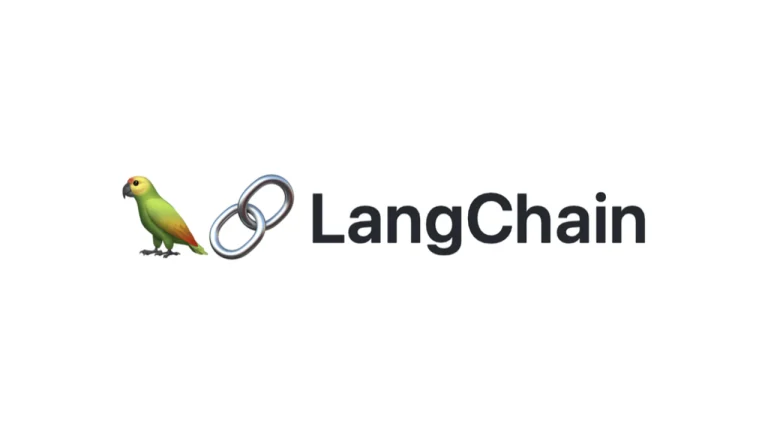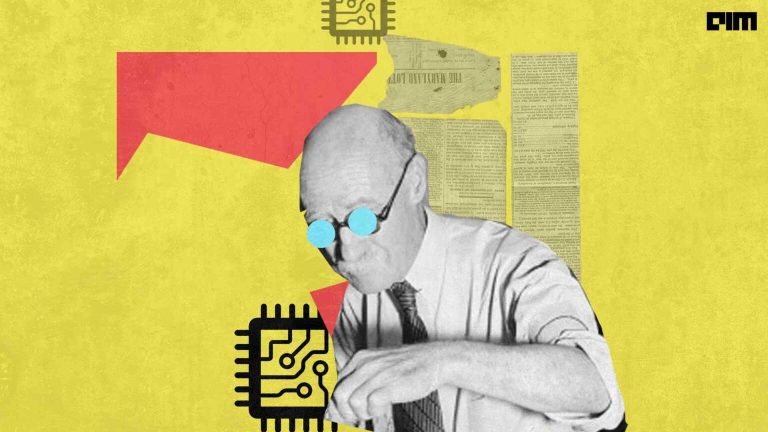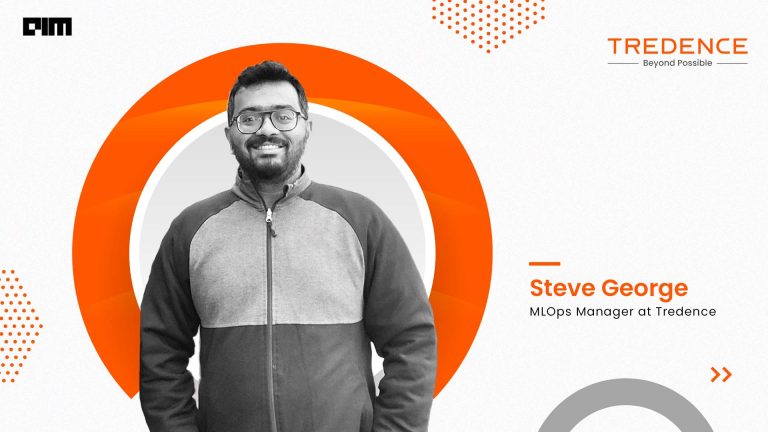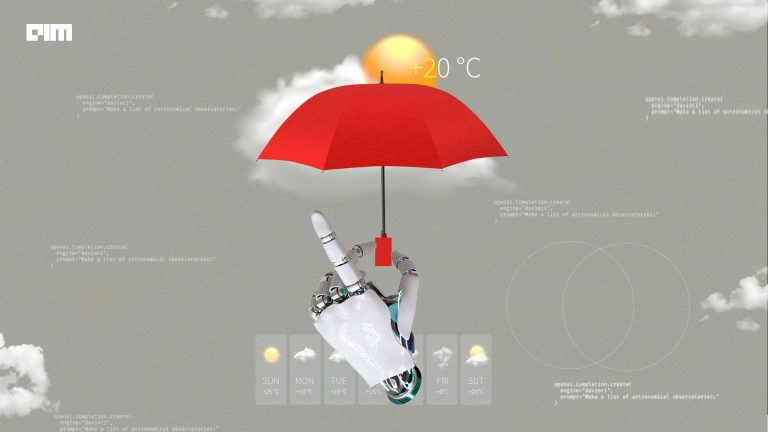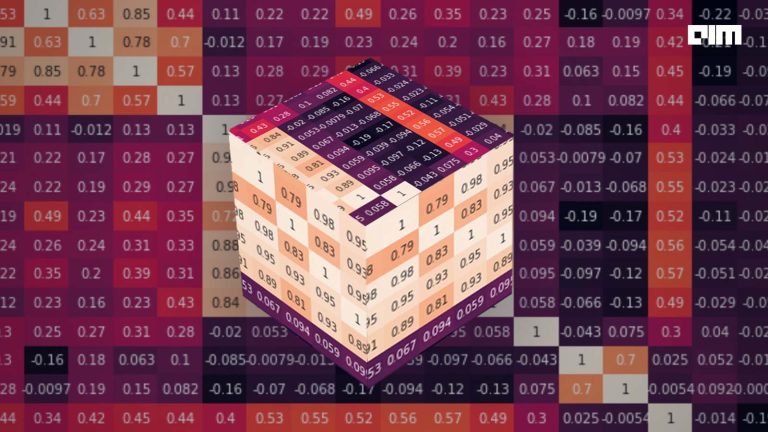The Deep Learning DevCon 2020, DLDC 2020, has exciting talks and sessions around the latest developments in the field of deep learning, that will not only be interesting for professionals of this field but also for the enthusiasts who are willing to make a career in the field of deep learning. The two-day conference scheduled for 29th and 30th October will host paper presentations, tech talks, workshops that will uncover some interesting developments as well as the latest research and advancement of this area. Further to this, with deep learning gaining massive traction, this conference will highlight some fascinating use cases across the world.
Here are ten interesting talks and sessions of DLDC 2020 that one should definitely attend:
Also Read: Why Deep Learning DevCon Comes At The Right Time
Adversarial Robustness in Deep Learning
By Dipanjan Sarkar
About: Adversarial Robustness in Deep Learning is a session presented by Dipanjan Sarkar, a Data Science Lead at Applied Materials, as well as a Google Developer Expert in Machine Learning. In this session, he will focus on the adversarial robustness in the field of deep learning, where he talks about its importance, different types of adversarial attacks, and will showcase some ways to train the neural networks with adversarial realisation. Considering abstract deep learning has brought us tremendous achievements in the fields of computer vision and natural language processing, this talk will be really interesting for people working in this area. With this session, the attendees will have a comprehensive understanding of adversarial perturbations in the field of deep learning and ways to deal with them with common recipes.
Read an interview with Dipanjan Sarkar.
Imbalance Handling with Combination of Deep Variational Autoencoder and NEATER
By Divye Singh
About: Imbalance Handling with Combination of Deep Variational Autoencoder and NEATER is a paper presentation by Divye Singh, who has a masters in technology degree in Mathematical Modeling and Simulation and has the interest to research in the field of artificial intelligence, learning-based systems, machine learning, etc. In this paper presentation, he will talk about the common problem of class imbalance in medical diagnosis and anomaly detection, and how the problem can be solved with a deep learning framework. The talk focuses on the paper, where he has proposed a synergistic over-sampling method generating informative synthetic minority class data by filtering the noise from the over-sampled examples. Further, he will also showcase the experimental results on several real-life imbalanced datasets to prove the effectiveness of the proposed method for binary classification problems.
Default Rate Prediction Models for Self-Employment in Korea using Ridge, Random Forest & Deep Neural Network
By Dongsuk Hong
About: This is a paper presentation given by Dongsuk Hong, who is a PhD in Computer Science, and works in the big data centre of Korea Credit Information Services. This talk will introduce the attendees with machine learning and deep learning models for predicting self-employment default rates using credit information. He will talk about the study, where the DNN model is implemented for two purposes — a sub-model for the selection of credit information variables; and works for cascading to the final model that predicts default rates. Hong’s main research area is data analysis of credit information, where she is particularly interested in evaluating the performance of prediction models based on machine learning and deep learning. This talk will be interesting for the deep learning practitioners who are willing to make a career in this field.
S&P 500 Stock’s Movement Prediction using Deep Learning
By Rahul Gupta
About: This is again a paper presentation presented by Rahul Gupta, who is working as a senior manager at Quinnox Inc. He will talk about predicting the movement of stock that consists of the S&P 500 index. Traditionally, many approaches have been applied using various methods that can predict the stock movement, however, the success of artificial neural network has paved the way to enable prediction using cutting-edge research in the ML and deep learning field. In this talk, Rahul Gupta will talk about those papers that have done a great job in implementing and explaining the benefits of these new technologies. This talk will provide a comprehensive understanding of such peers and how these go into the complexity of the financial data and mostly utilise single dimension data, but were successful in creating the ground for future research.
Deep Learning For Tabular Data
By Luca Massaron
About: Deep Learning For Tabular Data is a tech talk presented by Luca Massaron, who is a data scientist and an author of the popular dummies series on machine learning and artificial intelligence. Along with that, Massaron is also a Google Developer expert and also a former top 10 Kaggle master. Tabular data is a type of data that is structured into rows, each of which is composed of information about something. In these data types, the cells within the same column are designed to provide values for the same property of the things described by each row, which is entirely different from the other line-oriented formats. In this talk, Massaron will share his expertise on how deep learning can be used for such types of tabular data.
Also Read: Top 7 Upcoming Deep Learning Conferences To Watch Out For
Stacking Ensembles to Solve Kaggle: Titanic – Machine Learning from Disaster
By Loveesh Bhatt
About: Stacking Ensembles to Solve Kaggle: Titanic – Machine Learning from Disaster is a workshop session presented by Loveesh Bhatt, who is a seasoned technical expert in machine learning, natural language processing, and advanced analytics. In this session, he will showcase how to build accurate machine learning models, which is a constant endeavour for data scientists. The session will teach the attendees how to ensemble modelling, created using different Python libraries and how to improve model accuracy and performance. This workshop will be a live implementation on the widely participated – Titanic Survival Analysis classification problem and will prove how stacked ensembles can outperform traditional algorithms. Further, this workshop would entail building ensembles that are highly customisable at the individual algorithm level. In addition, the attendees would be able to learn how to experiment with stacked ensembles using some highly automated libraries from h2o such as AutoML.
Production of 3D Bioartificial “Organoids” using Quantum-enabled deep learning Neural Networks
By Raul Villamarin Rodriguez
About: Organ failure has been a critical concern for doctors in the current era, and thus there is an urgent need for organ transplants. However, the lack of donors could lead to a global catastrophe shortly. In this session, presented by Raul Villamarin Rodriguez, who is the Dean of the School of Business at Woxsen University, will talk about an optimal solution, i.e. production of 3D bioartificial organoids leveraging quantum-enabled deep learning neural networks. This is done using quantum-enabled deep learning CNNs. In this talk, Raul will highlight the procedure’s accuracy that can further be enhanced by implementing a set of features such as evolutionary and genetic algorithms.
Read a story by Raul Villamarin Rodriguez.
Graph-based Embeddings to Optimise Website Segmentation for Digital Ad Campaigns
By Dushyant Rai Tara
About: Digital Advertising uses the internet as a medium of reaching out to customers, where the advertisers identify websites on the internet that are visited by their potential customers and serve ads by bidding on the ad slots available. The process of determining where, and to whom an advertiser should serve an ad is referred to as a targeting strategy. In this talk, Dushyant Rai Tara will talk about the two methods for the same — cookie-based targeting and contextual targeting. Due to growing privacy concerns, this talk will highlight some of the exciting cases of the same. The talk will focus on the paper that proposes a data-driven approach to create a new contextual strategy from web traffic data that segments websites into groups for targeting. This paper then compares different techniques discussed using a heuristic criterion to identify the most optimal method for vector representation.
Applied AI for IoT- enabled mobility platform
By Sanup Haridas
About: Sanup Haridas heads the analytics and data science team in Vogo, and in this session, Haridas will talk about the automated dock-less scooter rental platform — Vogo, that aims to solve the problem of last-mile connectivity with an on-demand service that enables users to commute instantly. The platform has been created with a unique blend of IoT and Bluetooth technology, and it would be interesting to know how it works. The talk will further focus on how the application of AI has created an impact at multiple levels by making this platform more intelligent, reducing costs and improving user experience. This session aims to go in-depth on a few of these AI-powered engines that combine deep-learning algorithms with IoT data.
Stock Price Prediction Using Deep Learning Models
By Jaydip Sen
About: Another paper presentation by Jaydip Sen, Stock Price Prediction Using Deep Learning Models, will focus on a suite of deep learning-based models for stock price prediction. Designing robust and accurate predictive models for stock price prediction has been a critical research area since a long time where the existing propositions in the literature have demonstrated the properly designed and optimised predictive models that can very accurately and reliably predict future values of stock prices. The session will talk about the proposition that includes two regression models built on convolutional neural networks, and three long-and-short-term memory network-based predictive models. Further, he will present detailed results on the forecasting accuracies for all the proposed models.


